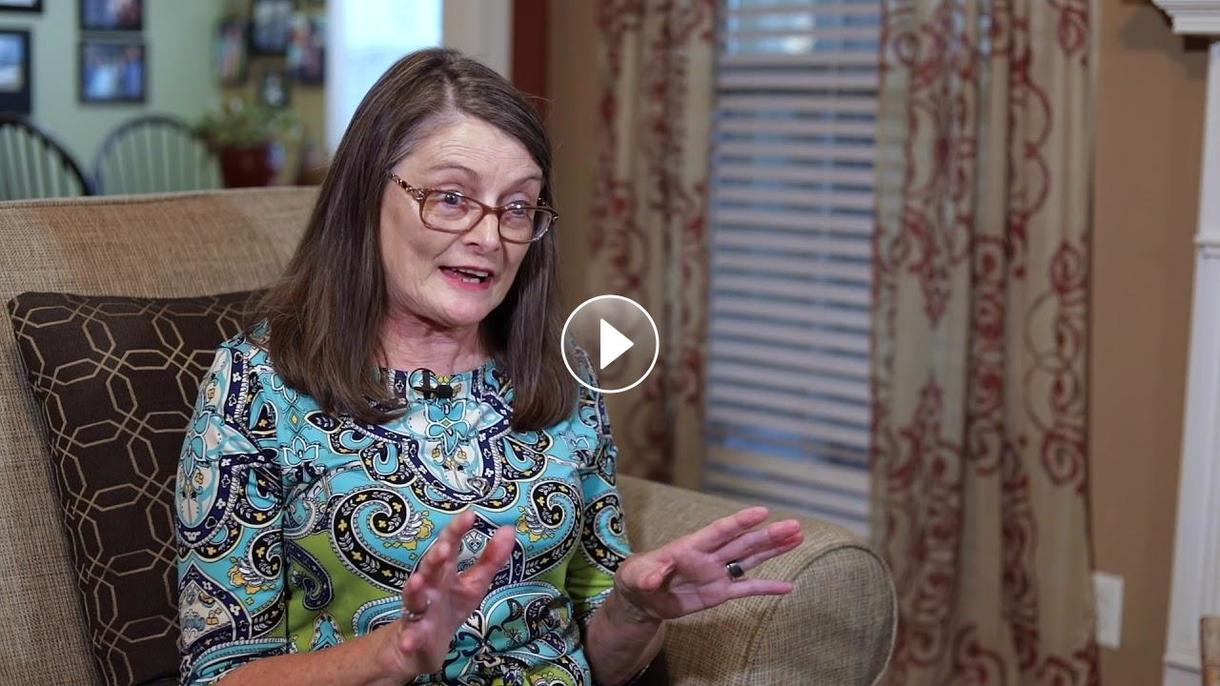“If you do not forgive others their sins, your Father (God) will not forgive your sins.” Jesus, Matthew 6:15
Don’t Pretend to Forgive
Mike Stroud
Genuine forgiveness can be a hurdle. If you’re a sensitive personality, hurt can linger. Stubborn pride can also get in the way. In our worst moments, revenge might even seem like a good idea.
Although disciples of Jesus know the command cited above, heart-deep forgiveness isn’t automatic. What’s more, it’s okay to admit this without letting ourselves off the hook. Forgiving someone who has hurt or wronged us is a decision, but it also involves conscious effort. It might take time even after you’ve made the conscious choice to forgive.
While deciding to forgive is always right, pretending no foul occurred is not being honest. Pretending to be okay is not okay. As I’ve often told couples during pre-marital counseling, proudly “sweeping stuff under the rug” just makes for a lumpy rug. Passive-aggressive tendencies can also come into play when the work of forgiveness is not allowed to play out.
Please understand my point. The decision to forgive should never be delayed! The apostle Paul provides a helpful reminder saying, “Don’t let the sun go down while you’re still angry.” (Ephesians 4:26, NLT) The issue for disciples of Jesus is that, 1) We readily extend forgiveness, and 2) Then do the internal “heart work” that prohibits bitterness taking root. Both are necessary.
I heard an interesting podcast last week on achieving lasting forgiveness. The Christian commentators discussed the work of Everett Worthington, an authority in the field of “positive psychology.” Positive psychology deals with what’s right rather than what’s wrong (or abnormal) with how people think and act. Worthington developed a helpful acrostic that outlines reaching a point of genuine forgiveness. I’ve pasted it in below.
Like other areas of discipleship, learning and practicing real forgiveness is a journey. Beating ourselves up when we can’t forget being mistreated is a waste of time. Honestly expressing the struggle in prayer, asking God for strength to forgive, and taking steps like the ones mentioned below will make a difference.
R.E.A.C.H. Forgiveness of Others
R = Recall the hurt.
To heal, you have to face the fact that you’ve been hurt. Make up your mind not to be snarky (i.e., nasty and hurtful), not to treat yourself like a victim, and not to treat the other person as a jerk. Make a decision to forgive. Decide that you are not going to pursue payback but you will treat the person as a valuable person.
E = Empathize with your partner.
Empathy is putting yourself in the other person’s chair. Pretend that the other person is in an empty chair across from you. Talk to him. Pour your heart out. Then, when you’ve had your say, sit in his chair. Talk back to the imaginary you in a way that helps you see why the other person might have wronged you. This builds empathy, and even if you can’t empathize, you might feel more sympathy, compassion, or love, which helps you heal from hurt. This allows you to give …
A = Altruistic gift.
Give forgiveness as an unselfish, altruistic gift. We all can remember when we wronged someone—maybe a parent, teacher, or friend—and the person forgave us. We felt light and free. And we didn’t want to disappoint that person by doing wrong again. By forgiving unselfishly, you can give that same gift to someone who hurt you.
C = Commit.
Once you’ve forgiven, write a note to yourself—something as simple as, “Today, I forgave [person’s name] for hurting me.” This helps your forgiveness last.
H = Hold onto forgiveness.
We write notes of commitment because we will almost surely be tempted to doubt that we really forgave. We can re-read our notes. We did forgive.




Thank you so much for this. It helped much